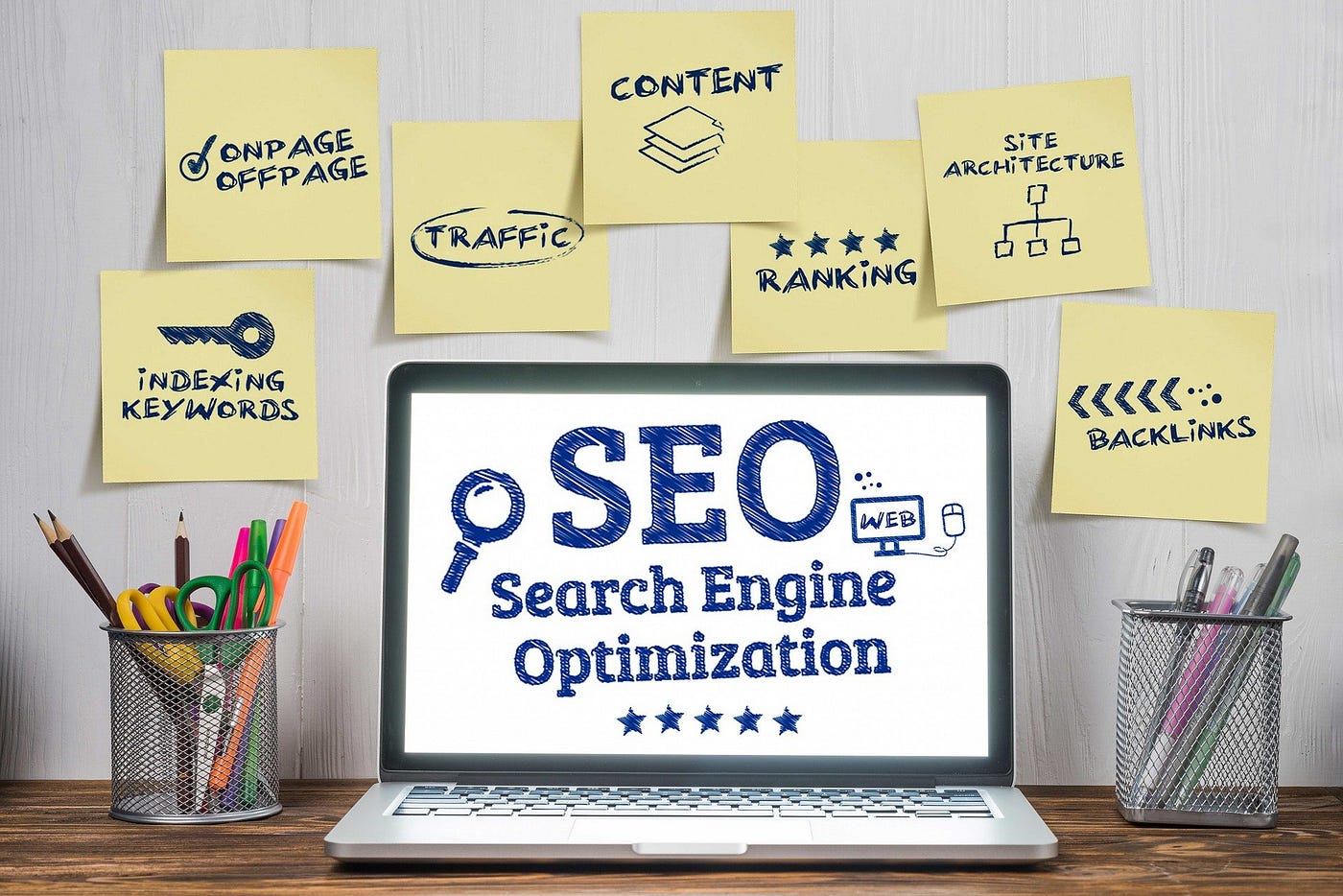As the world moves further into the digital age, businesses must adapt their marketing strategies to effectively reach and engage with their target audience online. An effective internet marketing strategy can help you establish your brand’s online presence, increase visibility, and ultimately drive more leads and sales.
I. Introduction
In today’s digital era, businesses are increasingly relying on internet marketing to promote their products and services. However, creating an effective internet marketing strategy can be a daunting task. From identifying your target audience to setting SMART goals for your campaigns, there are several crucial factors that must be considered. In this article, we will provide a step-by-step guide on how to develop an internet marketing strategy that works.
II. Identifying your target audience
The first step in developing an internet marketing strategy is to identify your target audience. Who are you ideal customers, and what are their demographics, interests, and online behaviors? This information is crucial as it will help you tailor your marketing efforts to the specific needs and preferences of your target audience.
A. Conducting market research
Conducting market research is an essential part of identifying your target audience. This involves analyzing data on your existing customers and conducting surveys or focus groups to gain insights into the needs and preferences of our target audience. By understanding your customers’ pain points, motivations, and interests, you can create marketing messages that resonate with them and drive engagement.
B. Creating buyer personas
Once you have gathered data on your target audience, you can use it to create buyer personas. A buyer persona is a semi-fictional representation of your ideal customer. It includes details such as age, gender, occupation, hobbies, and pain points. Creating buyer personas can help you understand your target audience on a deeper level, and tailor your marketing efforts accordingly.
III. Establishing your online presence
Establishing your online presence is the next step in developing an effective internet marketing strategy. This involves creating a website and social media profiles, and optimising them to attract and engage with your target audience.
A. Creating a website
Your website is the cornerstone of your online presence. It should be visually appealing, easy to navigate, and optimised for search engines. Make sure your website includes relevant information about your products or services, and has clear calls to action to encourage visitors to take the next step.
B. Creating social media profiles
Social media platforms such as Facebook, Twitter, and Instagram offer a powerful way to connect with your target audience. Create profiles on the platforms that your target audience is most active on, and post engaging content that speaks to their interests and needs.
C. Optimising your online presence
To maximize the impact of your online presence, you should optimize your website and social media profiles for search engines. this involves using relevant keywords in your content, optimising your meta descriptions and title tags, and ensuring your website is mobile-friendly.
IV. Choosing the right internet marketing channels
Once you have established your online presence, it’s time to choose the right internet marketing channels to promote your products or services. There are several channels to consider, including search engine optimization (SEO), pay-per-click (PPC) advertising, social media marketing, email marketing, and content marketing.
A. Search engine optimisation (SEO)
SEO is the process of optimising your website to rank higher in search engine results pages (SERPs). This involves using relevant keywords, creating high-quality content, and building backlinks to your website.
B. Pay-per-click (PPC) advertising
PPC advertising involves placing ads on search engines or social media platforms, and paying each time someone clicks on your ad. This can be an effective way to drive traffic to your website and generate leads, but it can also be costly if not managed properly.
C. Social media marketing
Social media marketing involves using social media platforms to promote your products or services. This can include creating sponsored posts, running contests or promotion, and engaging with your followers.
D. Email marketing
Email marketing involves sending targeted emails to your subscribers to promote your products or services. This can be an effective way to build relationships with our customers and drive sales.
E. Content marketing
Content marketing involves creating valuable content, such as blog posts, videos, or infographics, to attract and engage your target audience. This can help you establish yourself as a thought leader in your industry and drive more traffic to your website.
V. Setting SMART goals for your internet marketing campaigns
The final step in developing an effective internet marketing strategy is to set SMART goals for your campaigns. SMART stand for Specific, Measurable, Attainable, Relevant, and Time-bound. By setting SMART goals, you can ensure that your campaigns are aligned with your overall business objectives, and track your progress over time.
A. Specific
Your goals should be specific and clearly defined. For example, instead of setting a goal to “increase website traffic,” set a goal to “increase website traffic by 20% over the next six months.”
B. Measurable
Your goals should be measurable so that you can track your progress over time. This can include metrics such as website traffic, conversion rates, and social media engagement.
C. Attainable
Your goals should be attainable, given your available resources and budget. Setting unrealistic goals can lead to frustration and burnout.
D. Relevant
Your goals should be relevant to your overall business objectives. For example, if your goal is to increase sales, your internet marketing campaigns should focus on driving more leads and conversions.
E. Time-bound
Your goals should be time-bound, with clear deadlines for achieving them. This can help you stay on track and monitor your progress over time.
Developing an effective internet marketing strategy requires careful planning and execution. By identifying your target audience, establishing your online presence, choosing the right marketing channels, and setting SMART goals for your campaigns, you can create strategy that drives more leads and sales for your business.




